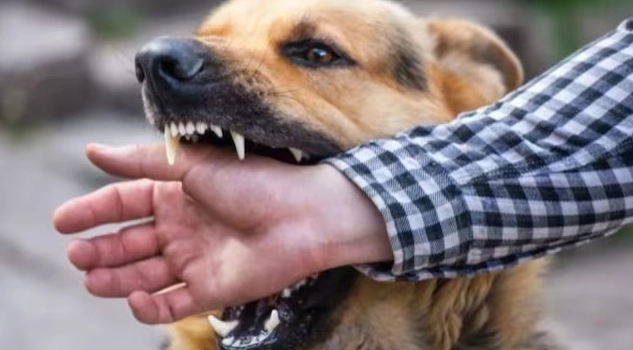
With the onset of summer, reports of dog bites are on the rise, a seasonal trend experts attribute to the impact of heat on canine behaviour. Veterinary specialists warn that higher temperatures often lead to increased aggression in dogs, heightening the risk of attacks. While dog bites are a year-round concern, the possibility of rabies following a bite remains a life-threatening danger.
Rabies is frequently associated with dogs, but the virus responsible for the disease can infect a variety of animals, including cats, bats, foxes, otters, and other wild creatures. Dogs and bats, however, remain the primary carriers of the virus, responsible for most human infections worldwide.
Dr Har Avtar Singh, a veterinary expert from Harry Pets Clinic and Surgery Center in New Delhi, explained in an interview with News18 that rabies spreads when an infected animal’s saliva enters the human body through a bite, scratch, or even contact with an open wound. Once contracted, the rabies virus attacks the central nervous system, leading to inflammation of the brain and spinal cord. Without immediate medical intervention, the disease is almost always fatal.
“People often underestimate the risk of rabies," Dr Singh cautioned, adding, “Even a small scratch from an infected dog or cat can transmit the virus. If a dog licks an open wound, the virus can enter the body, leading to potentially deadly consequences."
Vaccination remains the most effective way to prevent rabies. If a person is bitten by a dog, immediate action is crucial. The affected area should be washed thoroughly with soap and water for at least 15 minutes to reduce the viral load. However, this alone is not enough – medical attention must be sought without delay, and an anti-rabies vaccine should be administered as soon as possible.
The post-exposure rabies vaccine consists of a series of five doses, delivered according to a specific schedule: the first dose within 24 hours of exposure, followed by subsequent doses on the third, seventh, fourteenth, and twenty-eighth days. Adhering to this regimen is essential to preventing the onset of the disease.
Whether the dog in question is a household pet or a stray, experts stress that no bite should be taken lightly. Public awareness and prompt medical intervention are key to reducing fatalities caused by rabies, a disease that remains one of the deadliest viral infections known to humankind.